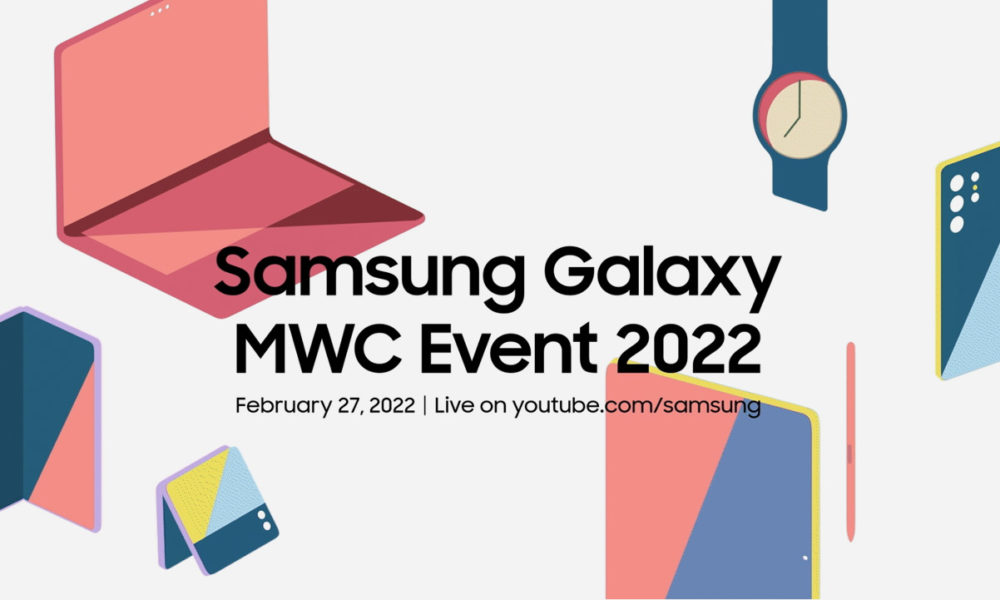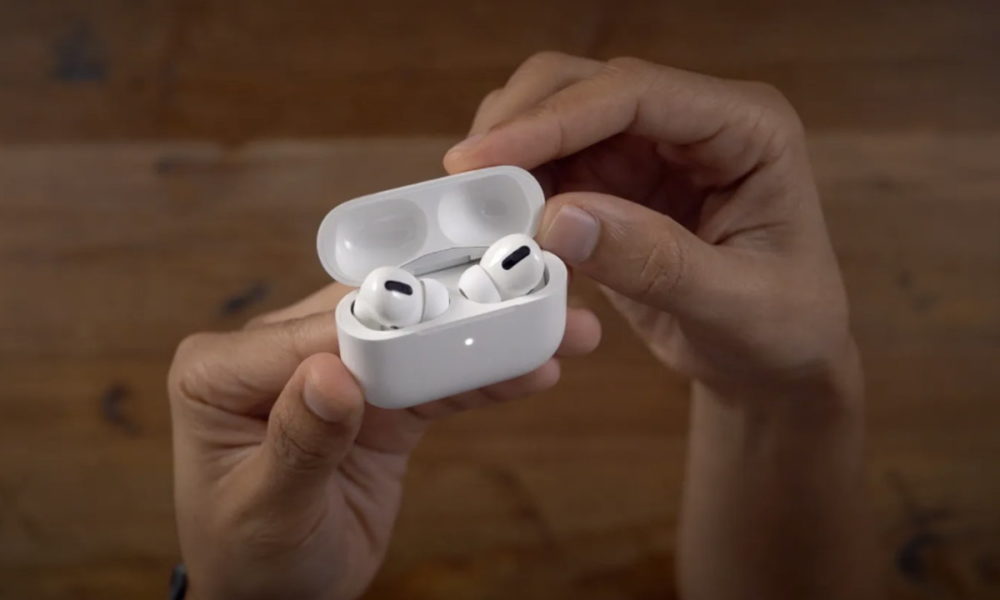
Google will evolve its software offering on Android to allow entry-level mobiles to enjoy a smoother experience. Apps should soon be lighter and faster to install.
Your Android apps will soon be faster to download. Google will thoroughly review the way it distributes software on its mobile OS to facilitate downloads and installations.
Since the beginning of August 2021, all new applications made available on the Play Store must adopt the AAB format which replaces the old APK used until then. Lost ? We explain to you.
AAB? APK?
Until now, to install an application on Android, phones downloaded an .APK file (for Android Application Package). It is the equivalent of .exe on Windows or .dmg on macOS, a simple installation file.
Except that since the launch of Android in 2008, the platform has changed a lot, including on tablets and TV boxes. As a result, APKs have multiplied or increased to incorporate the resources necessary for installation on each of these platforms.
To avoid having too heavy installation files, Google has therefore redesigned its system and introduced a new format, the .AAB (for Android App Bundle). This more versatile file allows each device to download only the files needed to run the app on their device. Thus, a smartphone will not download the graphic interface dedicated to tablets and vice versa.
Lighter, faster apps
It also offers the possibility of sequential downloading. When downloading a game, for example, not all of the content needs to be downloaded at once. The base file may only contain the first few levels to allow you to play faster. The rest being downloaded in a second step.
The idea is to offer files that are smaller, faster to install and more suitable for entry-level mobiles which do not necessarily have huge storage capacity and for whom every megabyte counts. For example, an app like Netflix is 57% lighter thanks to this new format.

Technically, AAB was introduced by Google in 2018, but it wasn’t until early August that the company made it mandatory for all new apps. The old ones will switch from APK to AAB gradually.
The end of the APK format?
On paper, the idea of Google is therefore interesting. But that does not necessarily sign the end of the APK format. Alternative stores (like Amazon’s AppStore) still rely on this format. If a development team wants to be present everywhere, it may have to work with both standards, at least for a while.
The AAB also relies on a verification phase carried out by Google to detect possible viruses or malware. A welcome security measure, but one that gives Google even more control over the Android software park. It remains to be seen whether the APK format, which has largely contributed to Android’s reputation for openness thanks to the ability to download software from anywhere, will definitely give way to a more convenient, but more strictly controlled format.



